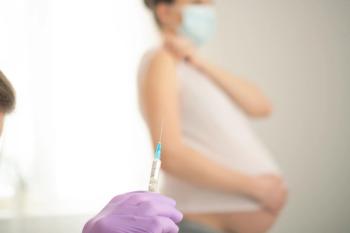
Rotavirus vaccine protection reaches far beyond infants receiving it
In a case of unintended consequences gone right, the benefit of vaccinating infants against rotavirus does more than protect them against a serious illness with a high hospitalization rate. It also helps prevent the disease in older children and adults who have not received the vaccine, according to a recent study. What were the ?secrets and surprises? uncovered after introduction of the new vaccine?
In a case of unintended consequences gone right, the benefit of vaccinating infants against rotavirus does more than protect them against a serious illness with a high hospitalization rate. It also helps prevent the disease in older children and adults who have not received the vaccine, according to a recently published
Rotavirus, a major cause of severe diarrhea in infants and young children, resulted in 58,000 to 70,000 pediatric hospitalizations each year before development of a vaccine. In 2006, US infants began routinely receiving the vaccine, and about 60% of infants were being immunized by 2008. Clinical trials leading to approval of the rotavirus vaccine determined its efficacy to be 85% or more against severe disease.
“Our study showed that the burden of rotavirus-severe enough to require hospitalization-in older children and adults is larger than we were previously aware,” said researcher
The study reported that infants and young children previously had spread the virus to older, unvaccinated children and adults.
Lopman and his colleagues examined nationally representative data from 2000 to 2008 to determine whether hospital admissions for rotavirus and severe diarrhea declined among unvaccinated children and adults.
“We speculate that vaccinating infants curtailed rotavirus transmission in the community, resulting in fewer infections across the entire population,” Lopman said. Researchers found that the infant vaccination program averted 10,000 hospitalizations of young people older than 5 years, for a savings of $40 million in health care costs in 2008.
“The large-scale introduction of a new vaccine can uncover many secrets and surprises about the epidemiology of disease that might not be discovered in any other way,” said
Newsletter
Access practical, evidence-based guidance to support better care for our youngest patients. Join our email list for the latest clinical updates.








